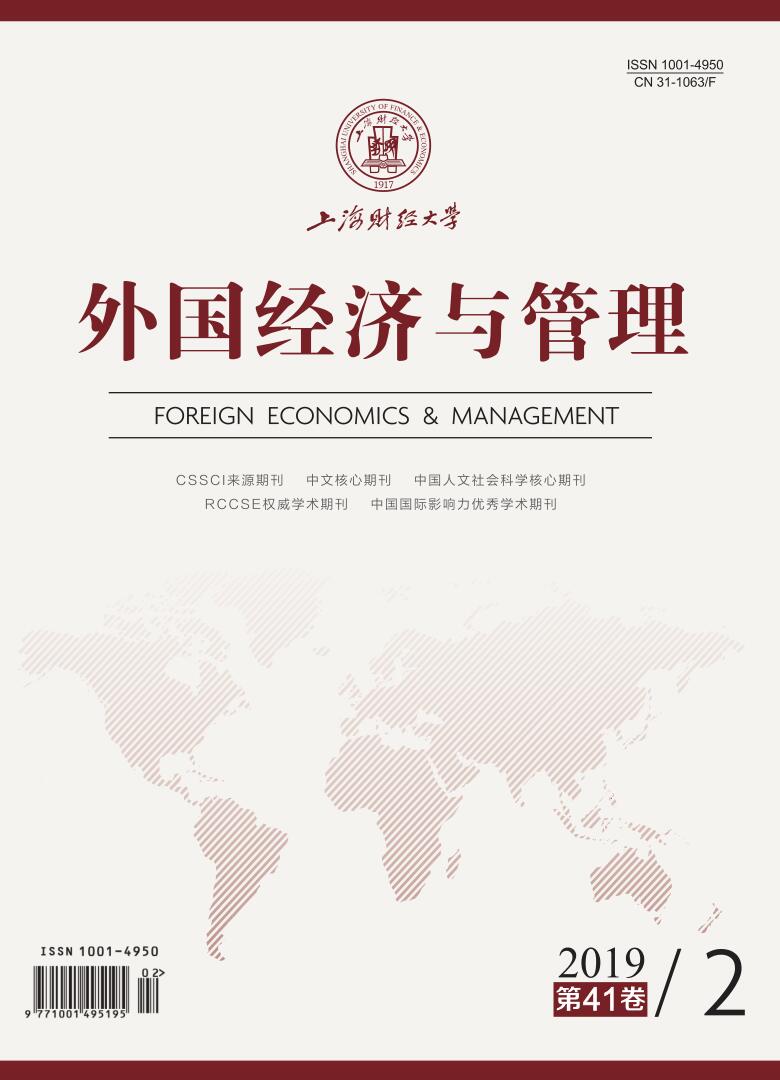Sampling on Chinese A-listed firms from 2007 to 2015, and collecting EMBA background information of chairmen of the board by programming Python in Chinese listed companies’annual report and university websites, we examine the relationship between the EMBA background of chairmen of the board and the efficiency of investment. The results show that the EMBA background of chairmen of the board really reflects in relieving the lack of investment in enterprises, but in promoting overinvestment. This conclusion is still established after using the Instrument Variable, Heckman, PSM and Placebo test to control the possible endogenous problems. Sub-sample test shows that the effect of the EMBA background of chairmen of the board on the efficiency of investment only exists in the chairman group that lacks knowledge reserves and social relation networks, which proves that elite education affects the efficiency of investment by improving managers’decision-making ability and constructing a" classmate circle”. Finally, considering the" famous school”effect of EMBA program, we find that the EMBA provided by famous universities can alleviate the investment shortage of enterprises, but it will not lead to excessive investment, rather than a famous school project. The results of this paper enrich the relevant literature of Upper Echelon Theory, and expound the impact of the educational background of chairmen of the board on the efficiency of investment from the perspective of EMBA program experience with the educational property and social relation networks. Through the systematic training of EMBA program, chairmen of the board could enhance the structure of their own knowledge, improve their ability and level of decision-making under the information asymmetry, and extend their network in the" classmate circle”. Moreover, it helps to understand the investment efficiency of enterprises under the condition of the imperfect formal system in Chinese markets, and the results also provide empirical references for regulators to establish a perfect construction system. In addition, this paper enriches the research contents of individual characteristics of executives, and provides empirical support for educational management departments to formulate EMBA education related policies.
 / Journals / Foreign Economics & Management
/ Journals / Foreign Economics & ManagementForeign Economics & Management
JIN Yuying, Editor-in-Chief
ZhengChunrong, Vice Executive Editor-in-Chief
YinHuifang HeXiaogang LiuJianguo, Vice Editor-in-Chief
Are Chairmen of the Board with EMBA Background Better in Investment? An Empirical Test from the Perspective of Investment Efficiency of Chinese Listed Companies
Foreign Economics & Management Vol. 41, Issue 02, pp. 99 - 111 (2019) DOI:10.16538/j.cnki.fem.2019.02.008
Summary
References
Summary
[1] Dai Yiyi, Xiao Jinli, Pan Yue.Can "local accent" reduce agency cost? –A study based on the perspective of dialects[J]. Economic Research Journal. 2016,12:147-160
[2] Lv Changjiang, Zhang Haiping. The effect of the equity incentive plans on corporate investment behaviors[J]. Management World, 2011,11:118-126.
[3] Shen Yu, Zhao Jingmei, He Xin. Alumni networks, funds’ performance and "small world" effect[J]. China Economic Qualterly. 2015, 4: 403-428.
[4] Shen Yu, Zhao Ling, Wu Fengyun. Deeply mark of mother school on innovation: evidence fromalumni networksand patent applications [J].China Industrial Economics,2017(8):156-173.
[5] Wu Chaopeng, Zhang Yuan. The impactof venture capital on the dividend policy of listed companies: evidence from China[J]. Journal of Financial Research,2017,9:178-191.
[6] Xu Nianhang, Li Zhe. CEO’spoverty experience and corporate philanthropy[J].Economic Research Journal, 2016,12: 133-146.
[7] Awaysheh A, Bonfiglio D. Leveraging experiential learning to incorporate social entrepreneurship in MBA programs: A case study[J]. The International Journal of Management Education, 2017, 15(2): 332-349.
[8] Cohen L, Frazzini A, Malloy C. Sell-side school ties[J]. The Journal of Finance, 2010, 65(4): 1409-1437.
[9] Engelberg J, Gao P J, Parsons C A. Friends with money[J]. Journal of Financial Economics, 2012, 103(1): 169-188.
[10] Gottesman A A, Morey M R. Manager education and mutual fund performance[J]. Journal of Empirical Finance, 2006, 13(2): 145-182.
[11] Gürol Y, Doruk Ö T, Cemek E. Determination of MBA program preference at state vs. Foundation universities in turkey: Evidence from survey research[J]. Procedia-Social and Behavioral Sciences, 2016, 235: 118-127.
[12] Hambrick D C, Mason P A. Upper echelons: The organization as a reflection of its top managers[J]. The Academy of Management Review, 1984, 9(2): 193-206.
[13] Hambrick D C, D'Aveni R A. Top team deterioration as part of the downward spiral of large corporate bankruptcies[J]. Management Science, 1992, 38(10): 1445-1466.
[14] Rubens A, Schoenfeld G A, Schaffer B S, et al. Self-awareness and leadership: Developing an individual strategic professional development plan in an MBA leadership course[J]. The International Journal of Management Education, 2018, 16(1): 1-13.
Cite this article
Yu Wei, Chen Qiuping, Li Mengdan. Are Chairmen of the Board with EMBA Background Better in Investment? An Empirical Test from the Perspective of Investment Efficiency of Chinese Listed Companies[J]. Foreign Economics & Management, 2019, 41(2): 99-111.
Export Citations as:
For
ISSUE COVER
RELATED ARTICLES




 , 2
, 2 12149
12149  13142
13142

